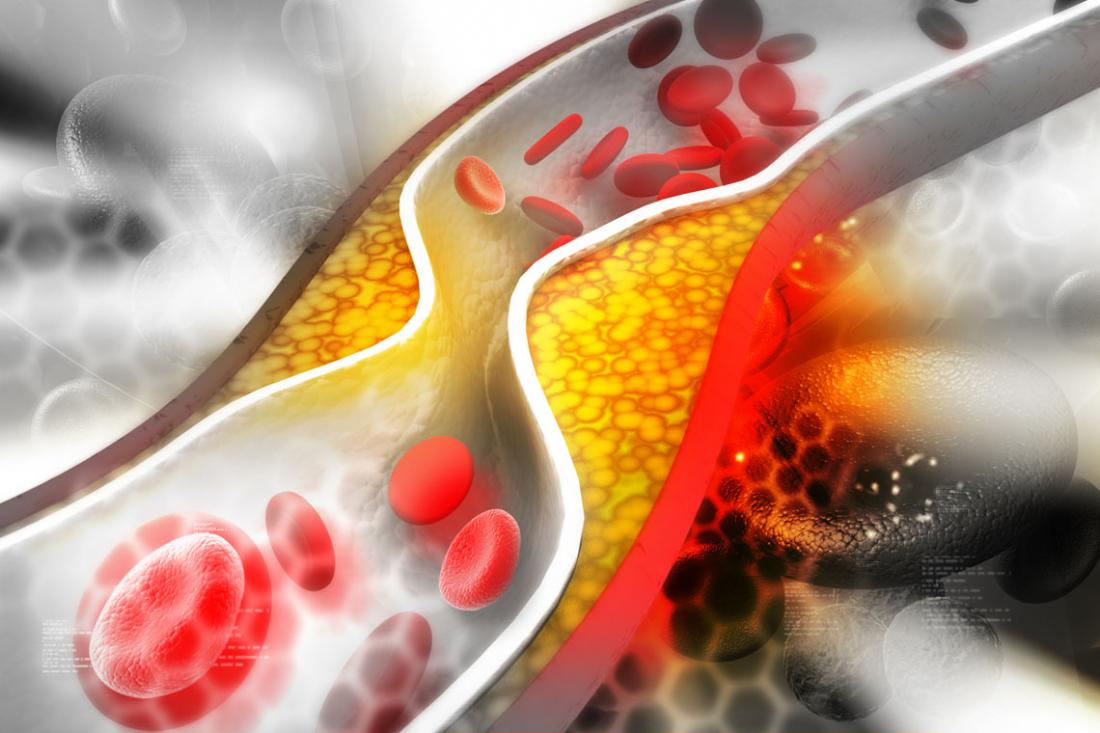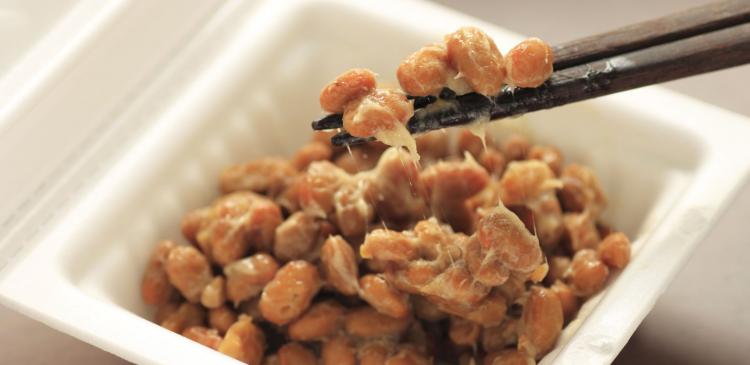Limiting cholesterol intake can lower cholesterol levels in the blood, but scientists are looking for additional means to reach this goal, including nutraceuticals: foodstuffs with health benefits beyond their nutritional value.
Studies have shown that a diet containing high levels of saturated fats and cholesterol is a major risk factor for cardiovascular disease. Limiting cholesterol intake can lower cholesterol levels in the blood, but scientists are looking for additional means to reach this goal, including nutraceuticals: foodstuffs with health benefits beyond their nutritional value.
Probiotics are beneficial bacteria, such as those found in yogurt or fermented soybeans. The probiotic Lactobacillus plantarum LAB12 actively lowers cholesterol by binding to it and carrying it out of the body. However, an effective delivery system to the gut has proved elusive because exposure to extreme temperatures during industrial manufacture, and to gastric juices and bile during digestion, often harm the bacteria, leaving them biologically inactive.
Kalavathy Ramasamy and her team at the Universiti Teknologi MARA in Malaysia have developed a micro-bead encapsulation system, made of a unique blend of natural polysaccharides, which has proven effective in protecting LAB12. Beta-cyclodextrin (β-CD), which attracts cholesterol, was then incorporated into the beads, further preventing cholesterol absorption by the intestines.
The team compared the viability of unprotected LAB12, LAB12 encapsulated in micro-beads, and LAB12/β-CD beads under several conditions. They found that LAB12 in both types of beads remained highly viable (90%) after exposure to stomach-like juice, whereas only 41% of the unprotected cells were viable. They then observed effective release (over 90%) of LAB12 from both types of beads in intestinal-like fluid containing bile. Likewise, LAB12 survival for the original and β-CD beads were comparable after extreme heat (over 90%) and four weeks of refrigerated storage (over 85%), which was much greater than the non-encapsulated bacteria.
After determining that β-CD did not reduce LAB12 viability or harm connective tissue cells called fibroblasts, the team compared how well the two types of beads reduced egg yolk cholesterol. They found that cholesterol was reduced by 85% using LAB12/β-CD beads, and by only 67% using LAB12 beads without β-CD.
Based on bacteria viability, the generally non-toxic nature of the beads, and the effectiveness of cholesterol removal, Ramasamy envisions the safe incorporation of L. plantarum LAB12-loaded β-CD beads into foods and other nutraceuticals following safety tests in animals and clinical trials for humans.
Further information
Assoc Prof Dr Kalavathy Ramasamy | E-mail: [email protected]
Collaborative Drug Discovery Research Group, Faculty of Pharmacy
University Teknologi MARA
Dr Lim Siong Meng | E-mail: [email protected]
Collaborative Drug Discovery Research Group, Faculty of Pharmacy
University Teknologi MARA
---------------------------------------------------------------
Asia Research News is our annual magazine to highlight exciting research studies from our partners. 25,000 copies are printed and distributed to key figures in research. Download a PDF copy from the link below or contact us if you would like print copies.




